A radical manifesto for the man who would be King
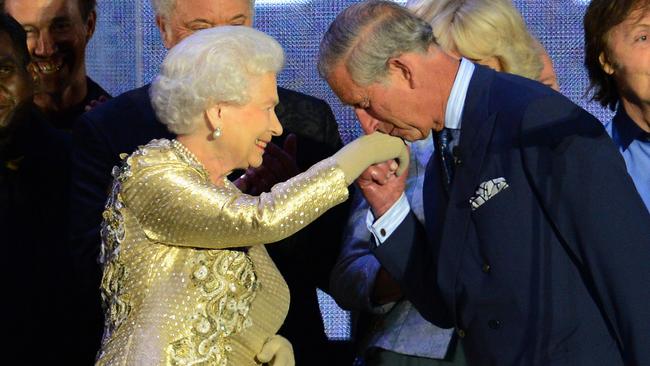
“God don butter my bread” said the Prince of Wales, making as much sense as usual. He was speaking on Wednesday in Nigeria and the translation from the Pidgin is simply “God has blessed me”. Next week, Prince Charles turns 70 still waiting to inherit the role for which his whole life has been a prelude. It has been an absurd way to treat a thoughtful man whose life has been less blessed than it looks.
It has been, in some ways, a gilded one. No heart can bleed too long for someone cocooned in castles and palaces. Yet Charles’s mother has turned monarchy into a baroque prison. The Queen has done, as every pundit with nothing to say always says, a great job. She has also turned monarchy into an awful job. To be queen or king is a post no thoughtful person would ever seek. Though Charles was wise to clarify this week that he will not meddle in politics when he becomes the sovereign, he should not be shy of being a reforming king. He has his eldest son to think of and his own example to reflect on.
During the Queen’s reign the monarchy has become a blank canvas on which the nation can project whatever it likes. This is a queen who gives no interviews and does her duty in silence. An image of monarchy has been construed as a family rather like ours, apart from the obvious and overwhelming fact that it is nothing like ours at all. Perhaps this has been a good deal for the nation. It has been a lot less good for Charles. He has had to take his chances in the fickle game of fame. The Queen’s silence has been bought at the cost of column inches for the dresses of Diana, Kate and Meghan.
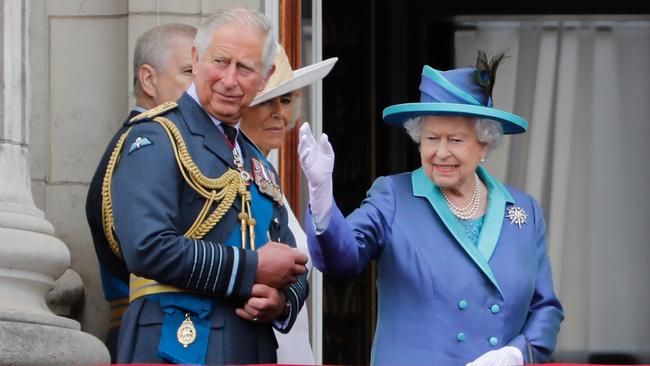
This is a monarchy which Charles is ill equipped to serve, let alone embody. Charles has been Prince of Wales since 1958, longer than any of his predecessors. In 2017 he passed Edward VII’s record to become the longest-serving heir apparent in British history. When he does finally inherit the throne he will be the oldest person ever to do so, beating William IV who was 64 when he became king in 1830. In all his time as Prince of Wales, apart from school, university, a spell in the armed forces between 1971 and 1976 and an abortive attempt to become governor-general of Australia, he has had, in effect, nothing to do.
To be sure, he has filled his time, often well. The Prince’s Trust, which he founded on leaving the Royal Navy, does magnificent work. Charles was an early advocate of taking climate change seriously and, as a champion of an important but neglected topic, he has made an important contribution to public debate. He was vocal in opposition to the Ceausescu regime in Romania, among many of his good causes. The devil, though, has also made some work for those idle hands. Charles’s support for alternative medicines would merely be an idiosyncrasy if he had kept it to himself. It became a dangerous anti-scientific fact of public importance when his Foundation for Integrated Health encouraged GPs to offer herbal treatments on the NHS, and when he spoke at the World Health Assembly in Geneva in favour of homeopathy.
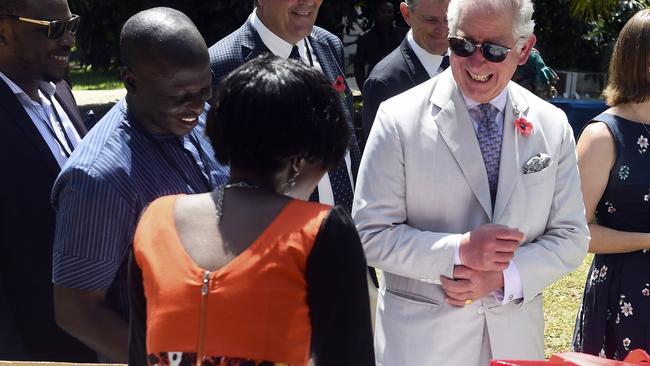
Still worse were his infamous memoranda to ministers which were only released after a farcical legal battle that went all the way to the Supreme Court. It is not in the contract for the Prince of Wales to demand of the education secretary David Blunkett that he bring back grammar schools or to ask Michael Meacher as environment secretary to ban GM crops. He is entitled to his love of classical architecture but his voice is too powerful in an arena in which he is no more than an interested amateur. For anyone who wants a full account of the prince’s oddest views, he has helpfully collected them in a book called Harmony: A New Way of Looking at Our World which I have read so that you don’t have to.
All this is the meddling that, in an interview with the BBC shown last night (Thursday) to mark his 70th birthday, the prince has vowed to abjure when he becomes king. That is a wise course. As he said himself, the prince is not so stupid that he cannot see there is a difference between being the heir and being the sovereign. That transition should not mean, however, that he has to do the job in exactly the manner prescribed by his mother. That would be both out of character and a missed opportunity. The monarchy is a rolling process of made-up history, as Prince Charles should know better than most. After all he was, in 1969, the subject of an investiture at Carnarvon Castle which was scripted and thereby invented by Lord Snowdon as part amalgam and part cover-version of previous princely occasions. Charles will have an opportunity, if he wishes to take it, to update an institution that, despite its popularity, needs one of its periodic refurbishments.
The truth is also that the nation and the monarchy have drifted apart under the Queen, notwithstanding her sky-high personal popularity. A multicultural, largely post-religious democracy in which heredity and deference count for less than they ever did is not perfectly embodied by a remote aristocratic family. To that extent, all hail Meghan Markle.
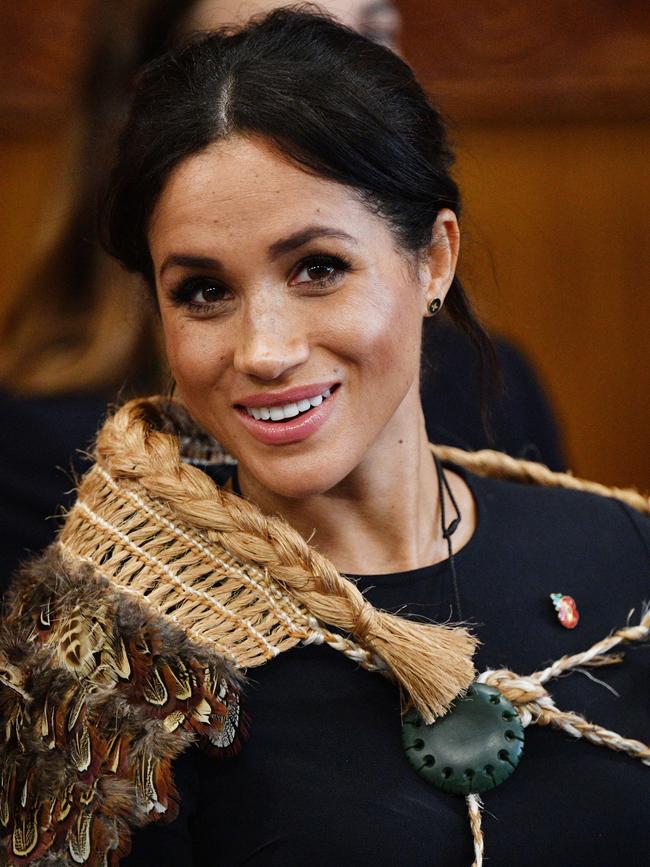
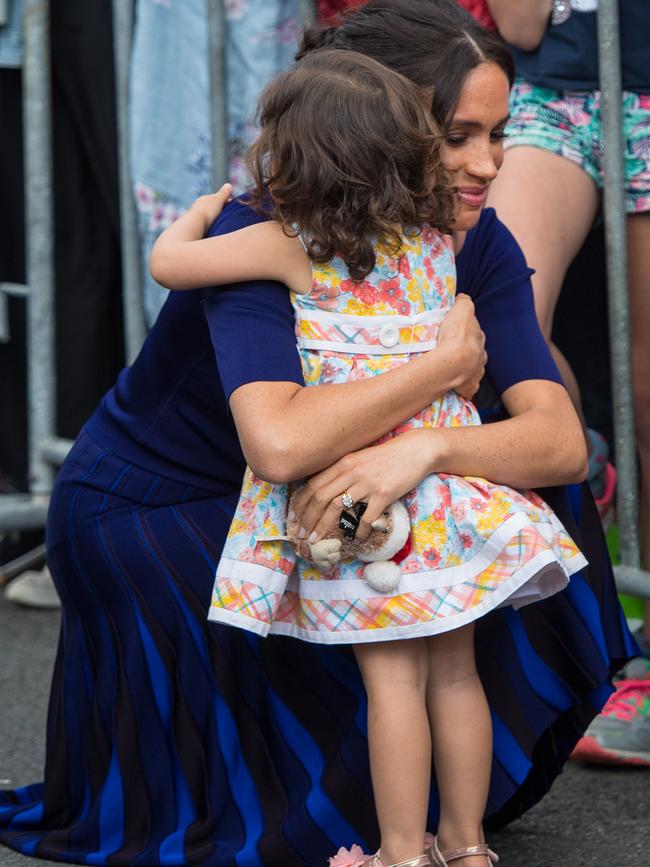
Charles could start his English revolution by ending, once and for all, the residual role of the monarchy in general elections. George V helped to select as prime minister Lloyd George in 1916 and Baldwin in 1923. George VI was involved in Churchill taking the premiership in 1940 and the Queen played a part in putting Harold Macmillan into Downing Street in 1957, and then his successor Alec Douglas-Home in 1963. There will be messy elections in the future and we need a new way of sorting them out. The new king might recognise the many religions of the nation by becoming Defender of the Faiths rather than the singular defender.
Then the monarchy should, at the instigation of the new king, open up the rules on royal disclosure and publish its accounts in full. The monarchy should no longer be exempt from freedom of information laws. The civil list should be slimmed down and minor royals encouraged to take up gainful employment. Then the new king should do better by his son than his mother has done by him and announce that he will reign for a fixed term. His first act as king should be to set the date for his own retirement.
Charles might be to his mother what Gordon Brown was to Tony Blair, or he could be more ambitious than that. There is room for some radicalism from the man who would be king.
The Times



